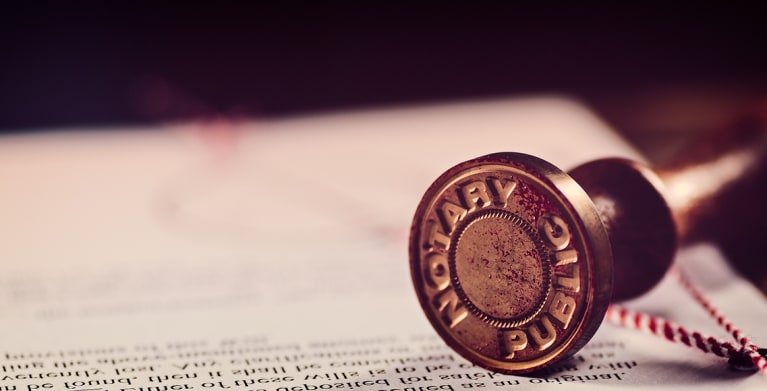DIRCO Regulations Demystified: A Overview to Diplomatic Protocol
DIRCO Regulations Demystified: A Overview to Diplomatic Protocol
Blog Article
Demystifying Notarial Job: Simplifying the Function and Relevance of Notaries
In the intricate internet of legal documents and verification, notaries stand as pillars of assurance and authenticity. Their function, commonly shrouded in enigma for several, carries considerable weight in making certain the validity and honesty of vital papers. As guardians of legitimacy and fact, notaries play a pivotal part in our culture, yet their job is not always completely comprehended. By unwinding the intricacies surrounding notarial practices and shedding light on the value of their acts, a clearer understanding emerges of the essential function notaries play in upholding the textile of contractual and lawful contracts.
The History of Notarial Job
The history of notarial work dates back to ancient civilizations, where scribes played a critical duty in recording important details and validating records. This led to the growth of notaries, individuals selected by the state to act as impartial witnesses in lawful issues.
Throughout the Middle Ages, notaries obtained importance in Europe, with their functions increasing to consist of preparing lawful documents, licensing trademarks, and preserving records. The rise of global trade even more stressed the value of notarial operate in confirming agreements and arrangements throughout borders.
In the modern period, notaries proceed to play a vital role in lawful and service deals by validating identifications, validating the authenticity of files, and preventing fraud. Their function in certifying the credibility of arrangements includes a layer of safety and security and depend the ever-evolving landscape of commerce and legislation.

Duties and Duties of Notaries
Notaries play an essential duty in validating the credibility of papers and the identification of signatories. One of their key duties is to witness the signing of important records, such as deeds, wills, and contracts, to guarantee that all parties are entering right into agreements purposefully and voluntarily.
Moreover, notaries are entrusted with providing oaths and affirmations, which are critical in lawful process and the implementation of testimonies. They license duplicates of original records, providing assurance to organizations that the duplicates hold true reproductions of the originals. Notaries have to preserve accurate documents of all deals they look after to ensure openness and responsibility. In general, the obligations and responsibilities of notaries are vital in protecting the integrity and legitimacy of different papers and deals.
Notarial Certificates and Signatures
Exemplifying precise attention to detail, notarial certificates and trademarks serve as vital elements in confirming the credibility of legal records. Notarial certificates normally include check out this site vital info such as the day of registration, the names of the signatories, a description of the paper, and the notary's official seal. These certificates supply a clear record of the notarial act, making certain that the file can be quickly recognized and mapped back to the notary that looked after the procedure.
Trademarks play a crucial function in notarial work, as they represent the agreement and approval of the celebrations entailed. Notaries meticulously witness the finalizing of files to confirm the identity of the signatories and confirm that they are signing of their own free choice. By look at here affixing their main seal and signature to the file, notaries certify that the required procedures have been adhered to which the file is legitimate and enforceable.
Fundamentally, notarial certifications and trademarks are the characteristic of authenticity in lawful transactions, providing assurance to all events involved that the files are genuine and binding.
Value of Notarial Acts

Registration Refine Clarified
Discussing the registration process gives clarity on the necessary actions associated with validating lawful records. The notarization process normally starts with visit this site the private offering the file to a notary public. The notary then validates the endorser's identification via acceptable identification approaches. Once the identification is validated, the notary ensures that the specific authorizing the document does so willingly and with no threat.

Verdict
Notarial certifications normally have critical details such as the day of notarization, the names of the signatures, a description of the document, and the notary's official seal. These certificates provide a clear record of the notarial act, ensuring that the document can be conveniently recognized and mapped back to the notary who managed the procedure.
By attaching their main seal and trademark to the file, notaries certify that the required procedures have been followed and that the document is enforceable and valid.
By validating the identification of the notaries, verifying their willingness to get in into the contract, and certifying the day and location of the signing, notaries play a critical role in promoting the validity of legal documents.After the paper is signed, the notary will affix their official seal or stamp onto the document.
Report this page